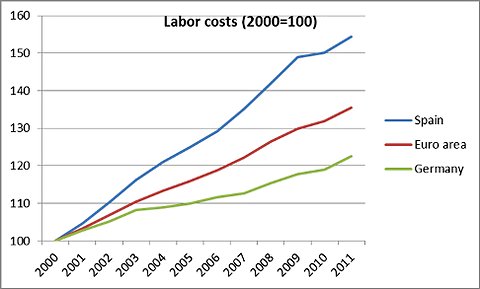Kimura
VIP Member
Yep, its massive taxes, massive spending, massive govt intervention, centrally planned stimulus, and civil servant employment that will turn those economies around......
If the genocidal austerity forced on the Greeks is some magic bullet, why has the Greek economy continued to contract quarter after quarter for the last 5 years?
It is forced by them. They spent too much and there was a fear they could not pay their debts so Greece had to increase rates and that in turn increased their spending and caused even higher deficits causing even higher interest rates to the point of collapse. The rest of Europe is trying to prevent that from happening to save their own economies because Greece could cause a panic on bonds and then boom bubble bursts. This is not over trust me.
No. The bailout package they received came with strings attached. They had to institute severe, bone crushing austerity. Again, the more they cut, the further they go into a spiraling depression. Why should the average Greek suffer to bailout bond holders from France and Germany?
Last edited:


